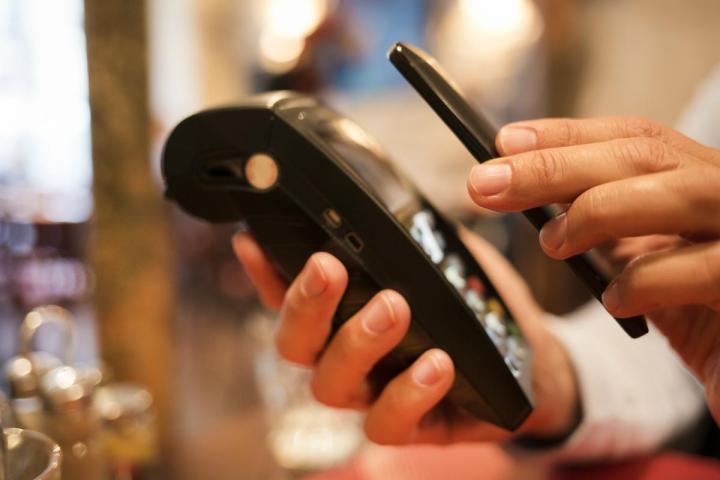
Softcard (formerly and unfortunately named Isis), the mobile payments company jointly owned by AT&T, Verizon Wireless and T-Mobile USA, laid off more than 60 employees last week and told its remaining employees to cease working until a buyer was found, according to The Wall Street Journal.
That buyer appears to be Google, which recently offered to purchase Softcard for $50 million. PayPal expressed interest in buying Softcard, but the telecom companies behind Softcard prefer Google because they all sell phones that run Google’s Android mobile operating system. Google also has a revenue-sharing model related to mobile searches and its Play store in place with the companies behind Softcard.
Acquiring Softcard would remove a thorn in Google’s side, as its Wallet mobile payment service has suffered partly because of telecom companies’ unwillingness to help. Instead, they decided to launch their own mobile payments solution in Softcard, which has also struggled to gain sure footing.
The acquisition would also reopen previously derailed discussions between Google and the telecom companies regarding the use of data on mobile purchase behavior in physical stores to improve digital advertising targeting and the sharing of this ad revenue.
Google also appears to be interested in Softcard’s more than 120 patents and applications for patents, according to TechCrunch.
“It’s unfortunate that they’ve chosen now as a time to scale back,” according to Ed Busby, Softcard’s former chief commerce officer, who spoke with TechCrunch about the potential deal. “Externally, for the first time since I’ve been in this industry, the signs are pointing positively for mobile payments.”
Apple’s mobile payments service, Apple Pay, launched in late October and has given the company 1.7 percent of the mobile payments market, according to research firm ITG. Google’s three-year-old Wallet maintains a lead over Apple with about 4.0 percent of the market, but an ITG analyst said Apple Pay users are more engaged, which bodes well for its future. PayPal currently has a healthy lead over both Apple and Google with 78 percent of the market, while Square holds 18 percent of the market.
The U.S. mobile payments market is expected to grow to $142 billion in 2019, according to research firm Forrester. It currently stands at about $50 billion.

